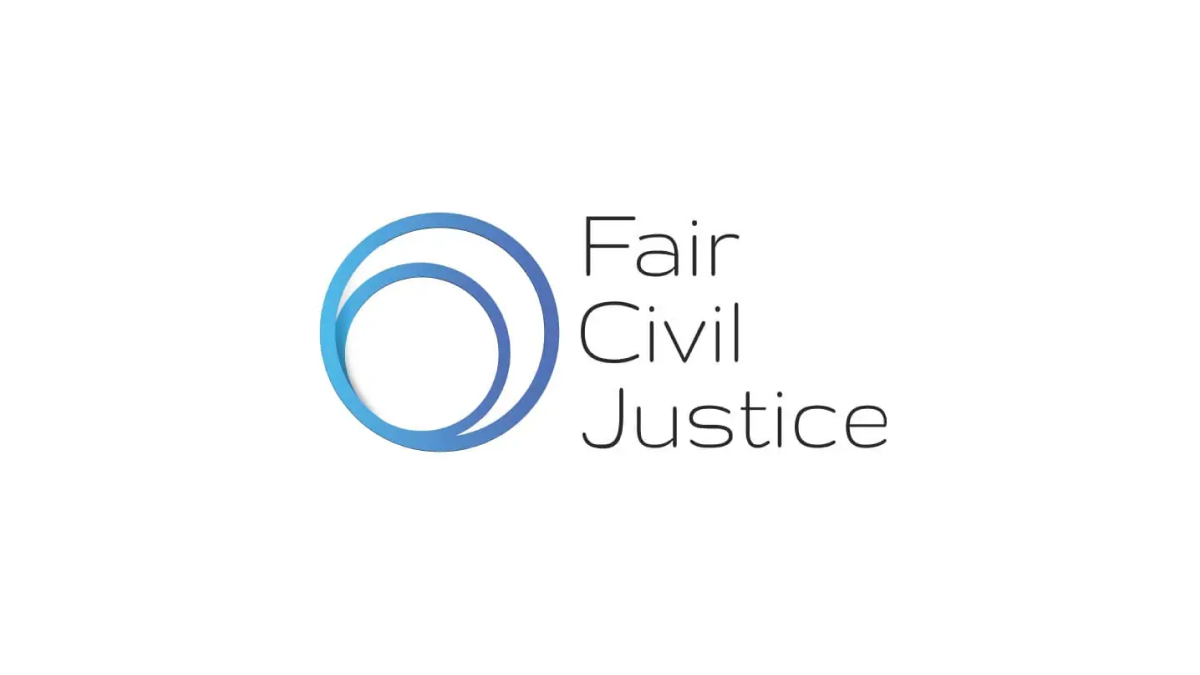The decision last week by the Competition Appeals Tribunal to approve the settlement between Walter Merricks and Mastercard was good news. It brought to an end nearly ten years of wasteful litigation, with a huge cost to the taxpayer in funding countless court hearings (including in the Supreme Court).
Advocates of the class action industry, including funders, say that class actions deliver “access to justice”. But the settlement last week shows that consumers barely benefit at all and that the real winners are the lawyers.
A bad deal for consumers
While the formal judgment is awaited, the settlement terms approved by the Tribunal do not augur well for consumers.
We now know that out of the final figure agreed between the parties – £200m – half is to be set aside for consumers. That means that if all 44 million eligible consumers came forward to claim, they would be entitled to the grand sum of £2.27 each. One legal reporter jokingly suggested that consumers could treat themselves to two packets of crisps as a result of the settlement.
Interestingly, the settlement agreement makes clear that only 5 per cent of affected consumers are ever likely to come forward to claim (based on distribution rates from the U.S).
What about the other £100m from the settlement? Approximately £46m is to be paid to the litigation funder financing the claim, with a further £54m as a return on the funds it provided, depending on the number of people who come forward to submit a claim. The legal team that advised Mr Merricks ended up billing more than £18.1 million. But these are only the costs of Mr Merricks. The legal costs incurred by Mastercard have not been published and they could be significantly higher.
In a further twist, the litigation funder has decided to launch arbitration proceedings against Mr Merricks. Mastercard is putting forwards up to £10m for Mr Merricks to defend himself in these proceedings, brought by his own funder.
Whatever consumers end up being left with, many will rightly ask whether this whole claim was a waste of time.
The need for reform
Any reasonable person will be left wondering why all of this was allowed to happen. Why was Mastercard dragged through the courts for close to a decade? Why are consumers only left with a couple of pounds compensation and the lawyers and funders with millions? Why should taxpayers be subsidising this kind of predatory litigation? How can only five percent of people coming forward to claim compensation be seen as a reasonable metric of success? And how can the litigation funder turn around and sue their own class representative and leave Mastercard to pick up the tab?
Given the eye-watering legal costs and the anticipated very low distribution levels we may end up in a situation where more money is paid to the lawyers than to the class members. This is reminiscent of the sub postmasters Horizon litigation where the claimants were left with just 20% of the settlement after the litigation funder and claimant law firm took their profits. It is high time we recognise what litigation funder supported class actions mean in practice: follow the money; consumers barely benefit at all and they do not deliver meaningful access to justice. More broadly this is bad for the reputation of the English justice system and also bad for the investment climate in the UK where we want to attract international capital to create employment.
The sad truth is that this case is the tip of the iceberg. The UK has become much more tolerant of predatory litigation. A recent report by CMS showed that since 2015, over 500 million claimants have been involved in opt-out class action lawsuits filed in the Competition Appeal Tribunal concerning alleged competition law violations—equating to eight class actions for every person in the country.
While all of this paints a depressing picture, there are reasons for optimism. The Civil Justice Council is currently carrying out a review into third-party litigation funding, with its findings due in this summer (the deadline to submit evidence is 3 March).
Considering the changes in the funding industry since the last review in 2009, this review is a timely opportunity to address issues like transparency, funder control, and capital adequacy.
It could lead to much-needed reform of the sector, boosting consumer safeguards and promoting alternatives like mediation and ombudsman services, which provide faster and more efficient routes to redress.
While it is encouraging to see arbitration and other alternative methods to litigation grow in popularity, this case serves as a reminder that there is a long way to go.
Seema Kennedy’s insights into Merricks v Mastercard have featured in City AM, Financial Times, Global Legal Group (ICLG), Global Legal Post, Law Gazette, Law.com, Lawyer Monthly, The Times, This is Money and The Lawyer.
About Seema Kennedy
Seema is the Executive Director of Fair Civil Justice. She began her career as a lawyer in the City of London before working in business and frontline politics. During her time as a Member of Parliament she served as a minister in the Department of Health and the Home Office, and also as Prime Minister Theresa May’s Parliamentary aide during the Brexit negotiations.
Fair Civil Justice is a campaign to level the playing field for British businesses and consumers from the growing threat of predatory litigation.
We do that by promoting alternatives to litigation which are faster and more effective in resolving disputes, as well as promoting clear rules for business to ensure that the onslaught of litigation is not damaging the long-term growth of the economy.
When going to court is the best course of action, we also argue for stronger safeguards in the process, to ensure that consumers keep more of the proceeds rather than lose the lion’s share to lawyers and litigation funders.





